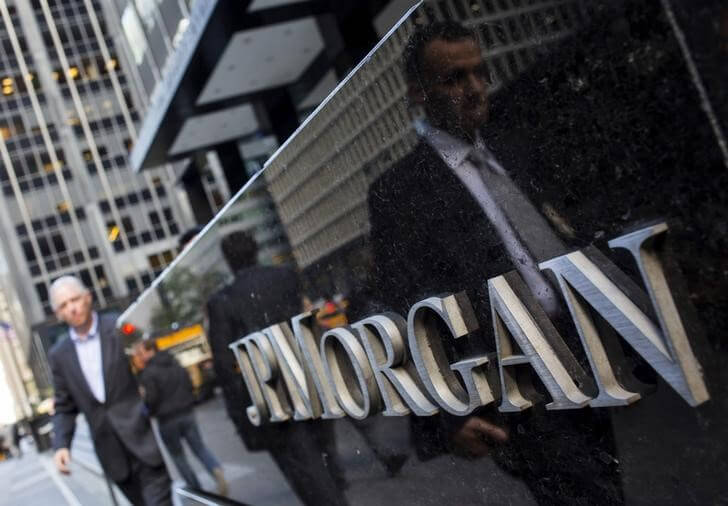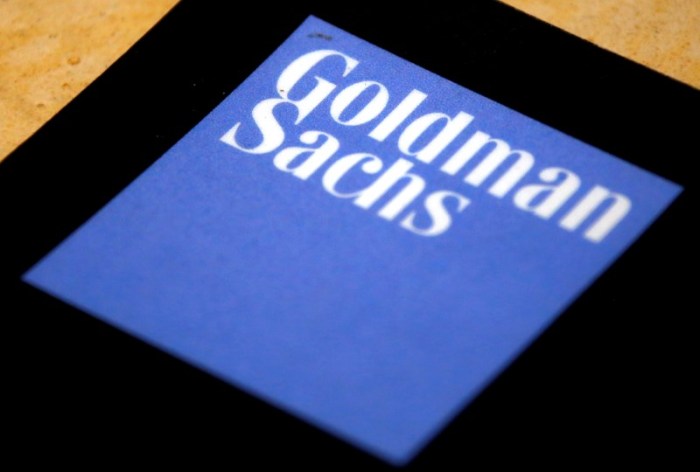By Brendan Pierson
NEW YORK (Reuters) – Two Israeli citizens pleaded not guilty on Thursday to orchestrating a massive computer hacking and fraud scheme that included an attack against JPMorgan Chase & Co and generated hundreds of millions of dollars of illegal profit. Gery Shalon, 32, and Ziv Orenstein, 41, entered their pleas in Manhattan federal court before U.S. Magistrate Judge Nathaniel Fox. They were extradited from Israel this week.
Shalon, Orenstein and a third defendant, Joshua Samuel Aaron, all from Israel, were charged in November in a 23-count indictment with alleged crimes targeting 12 companies, including nine financial services companies and media outlets such as The Wall Street Journal. Aaron has not been arrested by U.S. authorities, prosecutors said, and his whereabouts were not immediately clear.
Prosecutors said the scheme dated back to 2007 and compromised more than 100 million people’s personal information.
The alleged enterprise included pumping up stock prices with sham promotional emails, running online casinos, operating an illegal bitcoin exchange and laundering money through at least 75 shell companies and accounts around the world. It involved a massive attack on JPMorgan affecting 83 million customers, the largest theft of customer data from a U.S. financial institution, authorities said.
A separate indictment unveiled in Atlanta against Shalon, Aaron and an unnamed defendant said the brokerages E*Trade Financial Corp and Scotttrade Inc were also targets, and personal information of more than 10 million customers was compromised. The counts in the New York indictment include counts of computer hacking, securities and wire fraud, identity theft, illegal internet gambling and conspiring to commit money laundering, carrying possible prison sentences ranging from two to 20 years. Not all counts were brought against all defendants. The case is U.S. v. Shalon et al, U.S. District Court, Southern District of New York, No. 15-cr-00333.
(Clarifies headline to show cyberfraud involved other companies.)
(Reporting By Brendan Pierson in New York; Editing by David Gregorio)
Two charged in cyberfraud against JPMorgan and others, plead not guilty

By Brendan Pierson













